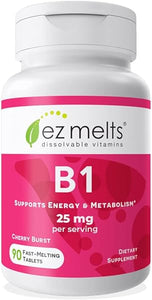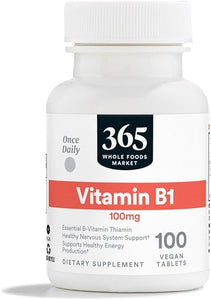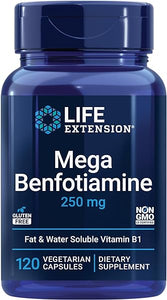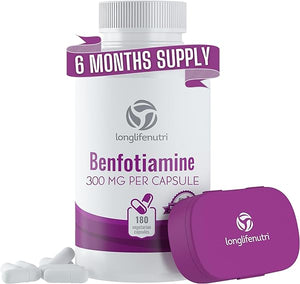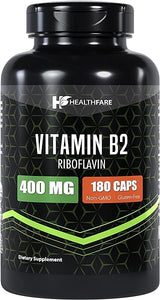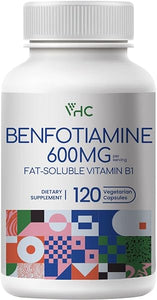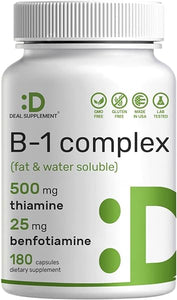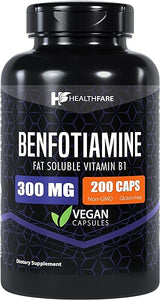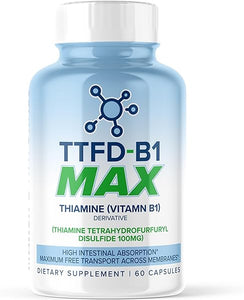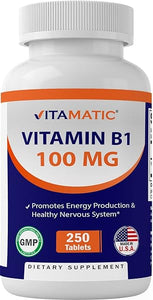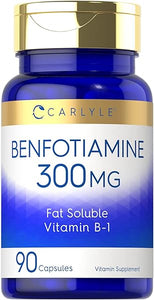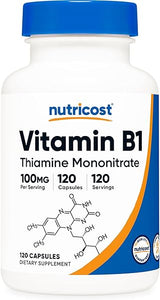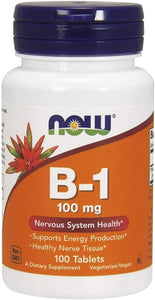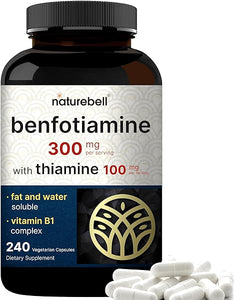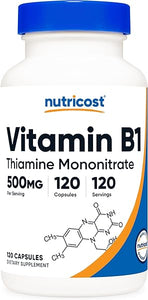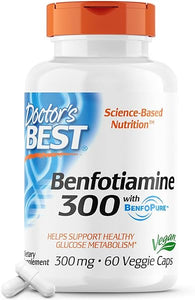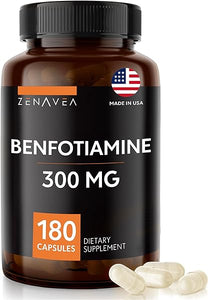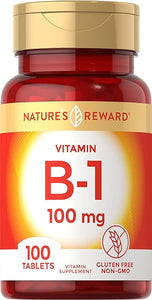Title: Exploring the Role and Availability of Vitamin B1 Supplements in Pakistan
Introduction: Vitamin B1, also known as thiamine, plays a crucial role in maintaining a healthy nervous system, aiding in the conversion of carbohydrates into energy, and supporting proper heart and muscle function. While a balanced diet can often provide sufficient levels of this essential nutrient, certain populations may require supplementation to meet their needs. In Pakistan, where dietary habits vary and nutritional deficiencies persist, the availability and use of Vitamin B1 supplements warrant examination.
The Importance of Vitamin B1:
Thiamine, a water-soluble vitamin, serves as a coenzyme in key metabolic processes, including the breakdown of glucose for energy production. Deficiency in Vitamin B1 can lead to serious health complications such as beriberi, a condition characterized by weakness, nerve damage, and cardiovascular problems. In a country like Pakistan, where malnutrition remains a significant concern, ensuring adequate intake of essential vitamins like B1 is essential for public health.
Nutritional Challenges in Pakistan:
Pakistan faces various nutritional challenges, including widespread malnutrition, food insecurity, and limited access to quality healthcare. Factors such as poverty, inadequate dietary diversity, and cultural practices contribute to deficiencies in essential nutrients, including Vitamin B1. Furthermore, conditions like gastrointestinal diseases and alcoholism can impair thiamine absorption, increasing the risk of deficiency even among those with access to food.
Availability of Vitamin B1 Supplements:
In Pakistan, Vitamin B1 supplements are available in various forms, including tablets, capsules, and injections. These supplements are commonly found in pharmacies and medical stores across the country, often sold over-the-counter without the need for a prescription. Both generic and branded formulations are available, catering to diverse consumer preferences and budgets.
Popular Brands and Formulations:
Several pharmaceutical companies in Pakistan manufacture Vitamin B1 supplements, offering consumers a range of options to choose from. Popular brands include PharmEvo, Getz Pharma, and Efroze Chemical Industries, among others. These companies produce Vitamin B1 supplements in different strengths and combinations, often combined with other B vitamins or multivitamins for enhanced efficacy.
Consumer Awareness and Usage Patterns:
Despite the availability of Vitamin B1 supplements, consumer awareness regarding their importance and usage remains relatively low in Pakistan. Many individuals may not recognize the symptoms of Vitamin B1 deficiency or understand the role of supplementation in preventing or treating such deficiencies. Furthermore, cultural beliefs and practices may influence dietary choices, leading to suboptimal intake of thiamine-rich foods and reliance on processed foods lacking in essential nutrients.
Healthcare Professional Recommendations:
Healthcare professionals, including doctors, nutritionists, and pharmacists, play a crucial role in educating the public about the importance of Vitamin B1 and recommending appropriate supplementation when necessary. Through consultations, health seminars, and public awareness campaigns, these professionals can help bridge the knowledge gap regarding thiamine deficiency and its implications for health.
Government Initiatives and Policies:
The Government of Pakistan recognizes the importance of addressing nutritional deficiencies and promoting public health. Various initiatives, such as the National Nutrition Survey and the National Health Vision 2025, aim to improve access to essential nutrients, including Vitamin B1, through targeted interventions and policy measures. However, challenges such as limited healthcare infrastructure and resource constraints hinder the effective implementation of these initiatives at the grassroots level.
Conclusion:
In conclusion, Vitamin B1 supplements play a vital role in addressing nutritional deficiencies and promoting overall health in Pakistan. While these supplements are readily available in the market, efforts are needed to increase consumer awareness, improve healthcare professional guidance, and strengthen government policies to ensure widespread access and optimal usage. By addressing these challenges collectively, Pakistan can take significant strides towards combating malnutrition and enhancing the well-being of its population.
Vitamin B1 supplements in price in Pakistan, Buy Vitamin B1 supplements in Karachi, Vitamin B1 supplements in available in Lahore, Shop Vitamin B1 supplements in from Islamabad medical store, Order Vitamin B1 supplements in online in Rawalpindi.
Affordable supplements Pakistan, Best protein powder Pakistan, Best supplements for health in Pakistan, Best vitamins in Pakistan, Best workout supplements Pakistan, Cheap supplements in Pakistan, Energy supplements Pakistan, High-quality supplements Pakistan, Imported supplements Pakistan, Multivitamins in Pakistan, Muscle gain supplements Pakistan, nifdo, Online supplements store Pakistan, Organic supplements Pakistan, Pakistani supplement brands, Popular supplements brands Pakistan, Protein supplements Pakistan, Supplement, Supplement delivery Pakistan, Supplements, Supplements for weight loss Pakistan, Top supplements in Pakistan, Vitamin B1 supplements, Where to buy supplements in Pakistan,
Vitamin B mg Thiamine Count Vegetarian NonGMO Gluten Free Supplement in Pakistan Online Price in Pakistan. Buy Benfotiamine supplement in Pakistan maintaining a natural balance of body Available in Karachi. Doctor's Best Benfotiamine with BenfoPure Helps Maintain Healthy Glucose Metabolism NonGMO Vegan Gluten Free Soy Free mg Veggie Caps in Pakistan with Fast Delivery in Lahore. Shop Nutricost Vitamin B Thiamine mg Capsules in Pakistan Today in Islamabad. Affordable NatureBell Benfotiamine mg with Thiamine mg Per Serving Veggie Capsules – Essential Vitamin B Benfotiamine Supplement – Vegetarian Friendly in Pakistan in Rawalpindi. Get Your TTFD B Max Thiamine Vitamin B TTFD mg Thiamine Tetrahydrofurfuryl Disulfide Thiamine MAX Capsules by MaxLife Naturals in Pakistan Now in Multan.

